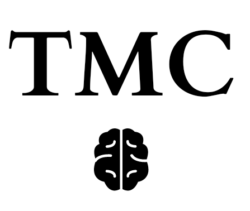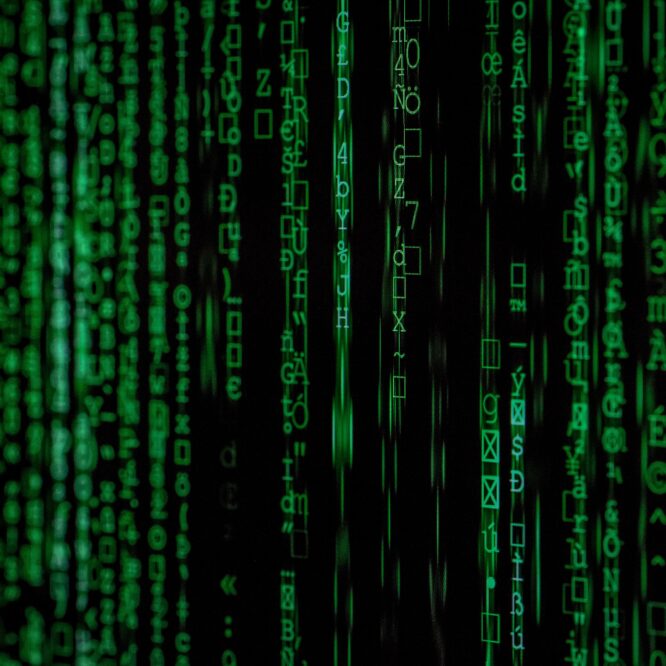Belief Systems – a set of values we have formed mostly unconsciously, that provides us with a viewpoint on life.
We are the two types of belief systems.
First there is a common sense or logical belief system with no emotional tie. For example, the world is round, fire is hot, a sharp knife can cut you, falling off a bike may hurt, someone making fun of you can hurt your feelings etc. Then there’s set of beliefs that are formed out of need to protect you emotionally or psychologically, through a perceived threat or fear due to judgement. e.g. A belief in reincarnation, magical beliefs like touching wood. A belief in ghosts, a belief that they are powerless to change either being overweight, depressed etc.
A large part of our belief systems that stop us from living our life fully are from the second system. These are the belief systems we focus on throughout. This is where you may have formed a limiting belief or belief system due to a psychological threat, fear or to protect you from judgement.
There is an apparent ‘need’ to see and feel something in a specific way, so we choose to believe. We view life experiences based on our filter and we anticipate events aligned with our belief system. We are then more likely see and notice experiences that confirm our belief system. Then the belief is proven to be correct, reinforced and conditioned.
Basic belief systems are created during childhood, as we learn about the world around us. All our experiences are grouped creating belief systems about ourselves and others. As we go through life, with more and more experiences, we build a structure or wall of beliefs systems whereby we keep strengthening and reinforcing them.
Belief systems
These are a set of personal beliefs that have a negative impact of our lives. In fact, this is any belief or thought that doesn’t help us achieve the life we really want.
One of the difficulties when challenging our belief systems is that we often do not have much perspective with which to view them. We see everything through our belief ‘filter’ A belief system is firm, immovable. It’s not easily broken and not usually something that can change significantly from day to day.
Our belief systems have a massive impact on the way we experience and process life through our filter.
This belief filter determines how we see ourselves, how we see others, how we feel about others, how we anticipate situations, how we experience those situations. This is the foundation of the building blocks to all our belief systems. It acts as a blue print for the rest of our lives if unchallenged and can reinforce anxieties, fears, worries.
As we begin to anticipate our fears and worries based on our filtered experiences, we begin to form anticipatory anxiety which continues to reinforce through ‘actual’ anxiety, each limiting belief system. We continue to set ourselves up for failure. With every failure comes validation that we aren’t quite good enough.
An example of how an adult may be limited through anticipatory anxiety could be;
Example:
A person who has social anxiety and struggles with groups of people, feels a sense of overwhelming worry about judgement from others and allows their negative inner thoughts to become their focus, feel unwanted emotion in anticipation, then enter a situation with this mind-set pre-determining the outcome. The outcome will be the originating anxiety. This condition can reinforce the belief, indeed anticipatory anxiety can lead to actual anxiety.
Example:
A individual that has low self-esteem who struggles with confidence will seek to validate those feelings using protection statements such as ‘I’m shy’, I’d rather let others take the lead, I prefer being quiet’, many of which are limiting thoughts, excuses that reinforce an old belief or feeling.
Each similar experience forms a stronger limiting belief system.
Ask yourself, how many limiting beliefs I have? The key is to find out what you want or want to change. Then look at what is it that might be holding you back from achieving that goal.
Often when you focus on what you want, you find a list of excuses these are holding you back. If you really want to change your circumstances then you need to apply honesty and ask yourself, am I making excuses?

